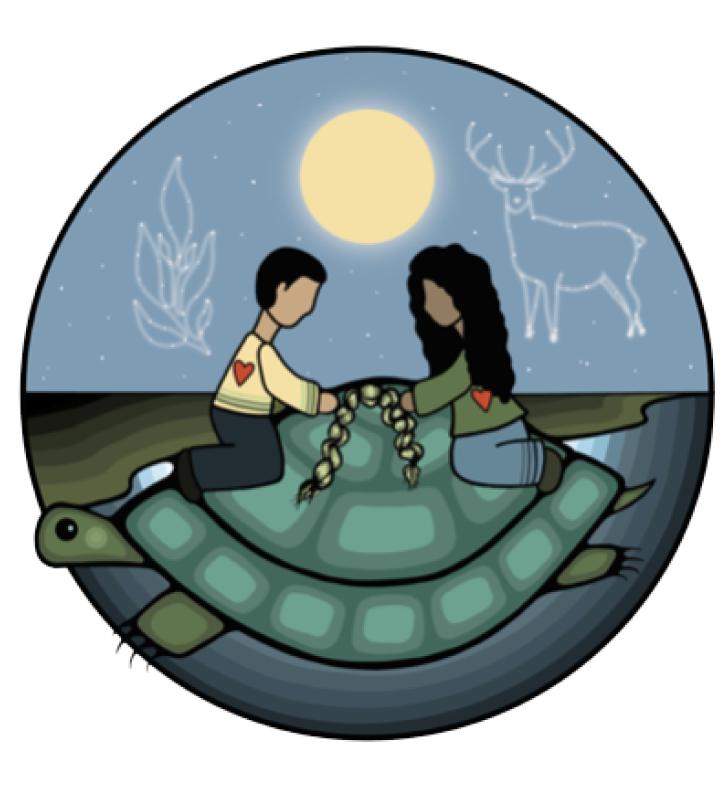Weaving Ways of Knowing
Introduction to Key Terms
Key Terms:
To get started and provide context to what is meant by some of the key terms used throughout the website, we provide short definitions here. Some of these terms are explained in greater detail in the following pages, too. If you see words throughout that need more explanation, please let us know.
Indigenous Peoples:
In Canada, this term encompass a diverse group of unique communities and cultural identities, referring specifically to First Nations, Métis, and Inuit peoples (Parrott 2007).
- First Nations: referring to all Indigenous Peoples in Canada who are ethnically not Métis or Inuit. This term is used generally, but community members are more likely to define themselves as members of specific nations, or communities within those nations. The term “First Nation” can refer to a band, a reserve-based community, or a larger tribal grouping (Gadacz 2006).
- Métis: a nation of people of mixed European and Indigenous ancestry, which originated largely in Western Canada, emerged as a political force in the 19th century, and were granted constitutional recognition as Indigenous Peoples in the 1980s. The exact definition of this term is contentious and has many different historical and contemporary meanings (Welch and Gallant 2009).
- Inuit: an Inuktitut term for “the people” referring to Indigenous Peoples from Inuit Nunangat, the northern/arctic regions of Canada (Pedersen, Parrott, and Gallant 2010).
Knowledge Systems (worldviews, research paradigms)
Describe the various ways of knowing, learning, and generating information which are defined and distinguished according to their ontologies (what is out there to know? what is true or real?), epistemologies (what and how do you know about it?), axiologies (what is valuable to know?) and methodologies (how do you discover or create knowledge?). Simply, they are the methods through which knowledge becomes apparent to us, or the way we arrive at a sense of understanding of the world or a particular topic. [Moon and Blackman 2014; Reid et al., 2020]
Indigenous Knowledge Systems or Ways of Knowing
Are ever-evolving bodies of knowledge, practices, and beliefs that are founded in place, by societies that have a long history of interactions and familial relationships with their natural surroundings. Several characteristics are considered common across many Indigenous Peoples; these knowledge systems are holistic, oral, relational, intergenerational, and beyond the physical, incorporating spiritual and emotional intelligences. This knowledge is inseparable from the knowledge holders and the environment from which it is derived. There is no single Indigenous way of knowing; knowledge will be different for each unique community and culture. [McGregor, 2004]
Western Knowledge System
In the context of science, are a body of knowledges acquired through rigorously controlled, repeatable experiments following the scientific method. Themes that underly Western knowledges are logic, rationality, objectivity, and the measurement of observable phenomenon, often rejecting metaphysical or spiritual sources of knowledge. Western science is often criticized for being anthropocentric (humankind as central to existence), reductive (presenting problems or solutions in a simplified form), and siloed (broken into disciplines). Knowledge is often considered a “thing” as opposed to an action, experience, or relationship. (Stinson 2018)




